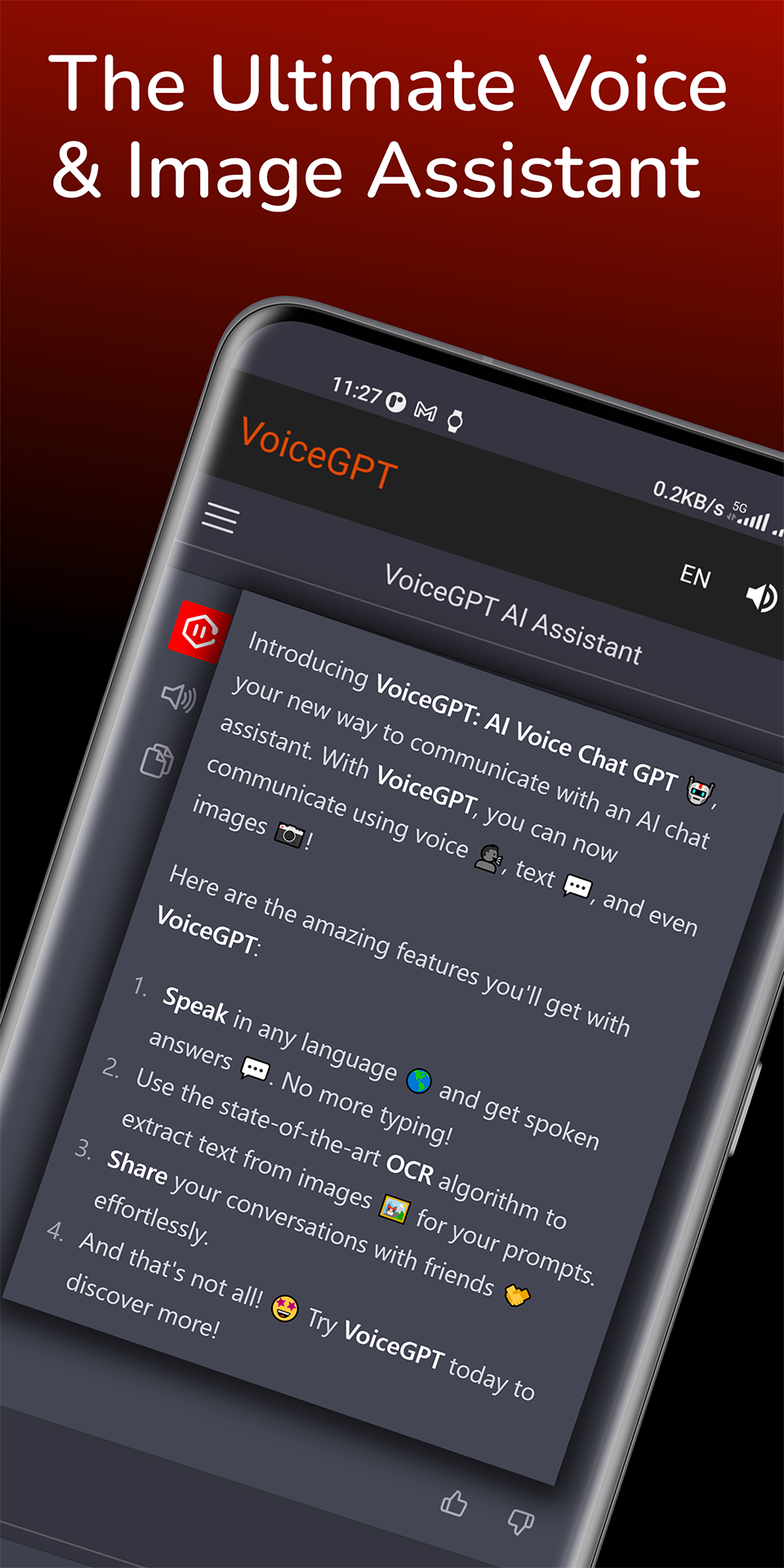OpenAI: Maintaining Nonprofit Governance And Ethical AI Development

Table of Contents
OpenAI's Nonprofit Origins and Mission
OpenAI began as a nonprofit research company, founded in 2015 by a group of prominent figures in the tech world, including Elon Musk, Sam Altman, and Greg Brockman. Its ambitious mission was to ensure that artificial general intelligence (AGI) – highly autonomous AI – benefits all of humanity. This altruistic vision emphasized the broad sharing of benefits and the avoidance of concentrating AI power in the hands of a few. The initial structure reflected this commitment, prioritizing research over profit maximization.
However, the transition to a capped-profit structure in 2019 marked a significant shift. This change, while raising concerns about potential conflicts of interest, was justified by OpenAI's leadership as necessary to attract and retain top talent and secure the vast resources required for cutting-edge AI research. This decision highlights the inherent tension between the ideal of pure nonprofit research and the practical demands of competing in a rapidly commercializing AI sector.
- Key figures involved in OpenAI's founding: Elon Musk, Sam Altman, Greg Brockman, Ilya Sutskever, Wojciech Zaremba.
- Original goals and objectives: Develop and promote friendly AI; ensure AGI benefits all of humanity; prevent the concentration of AI power.
- The reasoning behind the transition to a capped-profit model: Attract and retain talent; secure funding for ambitious research projects; compete effectively in the AI market.
Ethical Considerations in AI Development at OpenAI
OpenAI has publicly committed to a set of ethical guidelines and principles to govern its AI development. These principles emphasize safety, transparency, and beneficial use. A crucial aspect of this commitment involves mitigating bias in its AI models. OpenAI actively researches and implements techniques to identify and reduce biases in training data, acknowledging the potential for AI to perpetuate and even amplify existing societal inequalities. Furthermore, OpenAI works to anticipate and address potential misuse of its technologies, employing safety research and developing strategies to prevent malicious applications.
- Specific examples of OpenAI's ethical AI initiatives: Research on AI safety, bias mitigation techniques, development of responsible AI guidelines.
- Discussion of challenges in ensuring fairness and accountability: The difficulty in defining and measuring fairness; the complexities of predicting and preventing unintended consequences; the need for ongoing monitoring and evaluation.
- Mention of any controversies or criticisms regarding OpenAI's ethical stance: Debates surrounding the potential for misuse of powerful AI models; concerns about the balance between innovation and safety; criticism of the transition to a capped-profit model.
Maintaining Transparency and Public Accountability
Transparency is paramount to OpenAI's commitment to ethical AI. The company actively publishes research papers, shares its findings with the broader AI community, and engages in open-source projects, fostering collaboration and scrutiny. This commitment to openness extends to public engagement, with OpenAI actively participating in workshops, conferences, and public forums to discuss its work and solicit feedback. Mechanisms for accountability are embedded in its operational structure, although the specifics remain subject to ongoing development and refinement.
- Examples of OpenAI's transparency initiatives: Publication of research papers on arXiv, open-sourcing of code and models, participation in AI safety conferences.
- Methods used for public engagement: Workshops, conferences, public consultations, online forums.
- Strategies for addressing concerns raised by the public: Active engagement with critics, ongoing refinement of ethical guidelines, internal review processes.
The Challenges of Balancing Innovation and Ethical Responsibility
The core challenge for OpenAI, and indeed the entire AI field, lies in navigating the inherent tension between accelerating technological innovation and ensuring responsible development. Predicting and mitigating the unforeseen consequences of increasingly sophisticated AI systems remains a significant hurdle. The rapid pace of advancement often outstrips the development of robust regulatory frameworks, underscoring the need for proactive engagement with policymakers and regulators to shape responsible AI development.
- Examples of ethical dilemmas faced by OpenAI: Balancing the potential benefits of powerful AI models with the risks of misuse; managing the societal impact of job displacement due to automation; addressing biases in algorithms.
- Discussion of the trade-offs between innovation and safety: The need to prioritize safety without stifling innovation; the challenges of balancing short-term gains with long-term risks.
- Potential solutions and strategies for navigating these challenges: Collaboration between researchers, policymakers, and the public; development of robust regulatory frameworks; continued research on AI safety and ethics.
Conclusion: The Future of OpenAI and Ethical AI Development
OpenAI's journey highlights the complexities of balancing innovation with ethical responsibility in the rapidly expanding field of AI. Its commitment to ethical AI development, though tested by its transition to a capped-profit model, remains a crucial aspect of its identity. Maintaining transparency, fostering public engagement, and navigating the inherent challenges of predicting and mitigating unforeseen consequences are ongoing priorities. The future of OpenAI, and indeed the future of ethical AI development, hinges on continued collaboration, open dialogue, and a steadfast commitment to responsible innovation. Learn more about OpenAI's commitment to ethical AI and join the conversation on responsible AI development.

Featured Posts
-
 The Young And The Restless Summers Plan To Stop Claire And Kyles Move
May 07, 2025
The Young And The Restless Summers Plan To Stop Claire And Kyles Move
May 07, 2025 -
 How The Timberwolves Unlocked Julius Randles Potential A Knicks Comparison
May 07, 2025
How The Timberwolves Unlocked Julius Randles Potential A Knicks Comparison
May 07, 2025 -
 Are Bmw And Porsche Losing Ground In China A Look At The Competitive Landscape
May 07, 2025
Are Bmw And Porsche Losing Ground In China A Look At The Competitive Landscape
May 07, 2025 -
 Papez Francisek Na Trgu Sv Petra Blagoslov In Pozdrav Svetu
May 07, 2025
Papez Francisek Na Trgu Sv Petra Blagoslov In Pozdrav Svetu
May 07, 2025 -
 Nhl 25s Arcade Mode Everything You Need To Know
May 07, 2025
Nhl 25s Arcade Mode Everything You Need To Know
May 07, 2025
Latest Posts
-
 Ai Powered Podcast Creation Turning Repetitive Scatological Documents Into Engaging Content
May 08, 2025
Ai Powered Podcast Creation Turning Repetitive Scatological Documents Into Engaging Content
May 08, 2025 -
 Open Ais 2024 Event Easier Voice Assistant Creation Unveiled
May 08, 2025
Open Ais 2024 Event Easier Voice Assistant Creation Unveiled
May 08, 2025 -
 Recent India Pakistan Conflict A Detailed Account Of The Strikes
May 08, 2025
Recent India Pakistan Conflict A Detailed Account Of The Strikes
May 08, 2025 -
 16 Million Fine For T Mobile Details Of Three Years Of Data Security Violations
May 08, 2025
16 Million Fine For T Mobile Details Of Three Years Of Data Security Violations
May 08, 2025 -
 T Mobile Data Breaches 16 Million Penalty Highlights Security Gaps
May 08, 2025
T Mobile Data Breaches 16 Million Penalty Highlights Security Gaps
May 08, 2025
